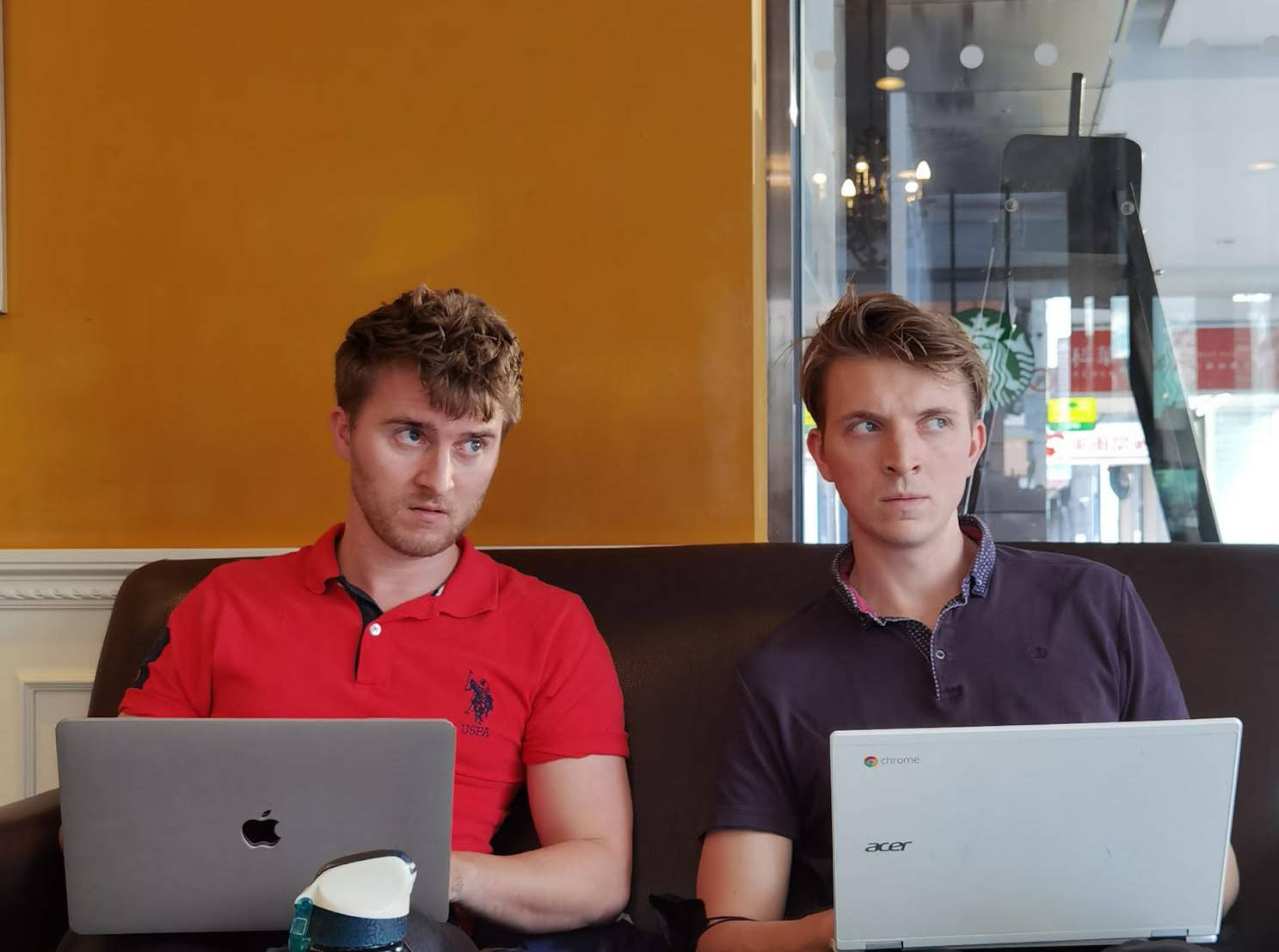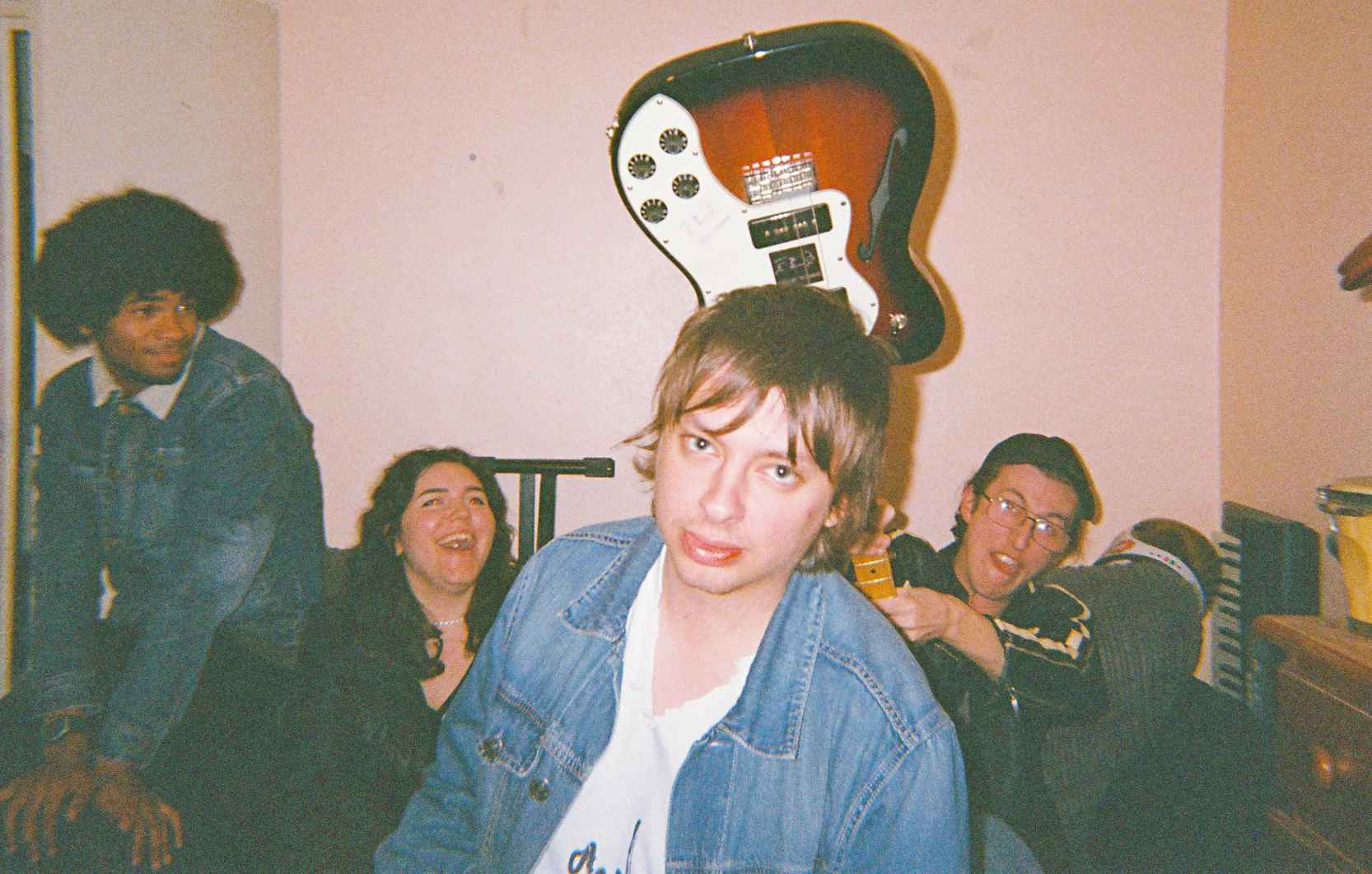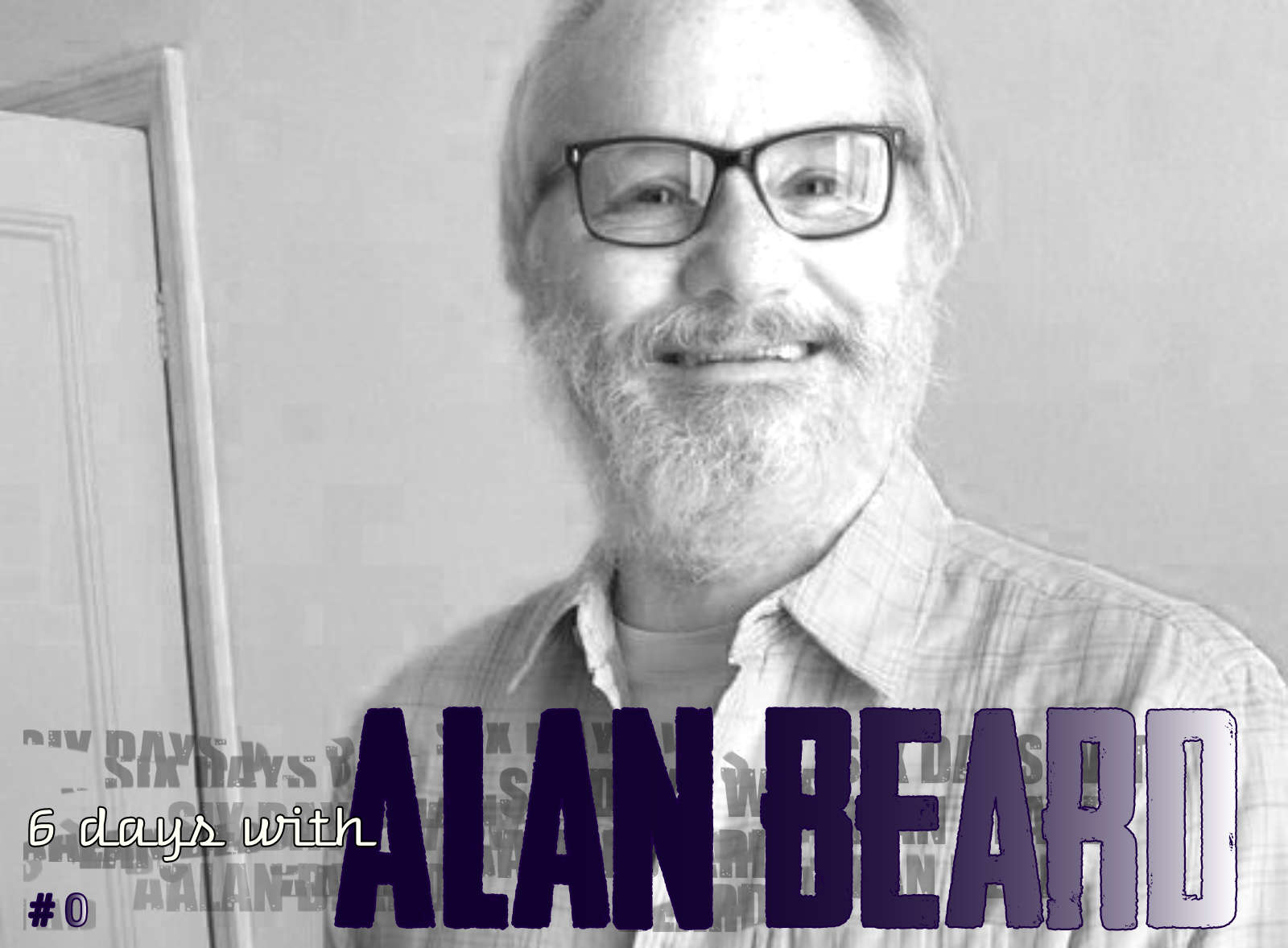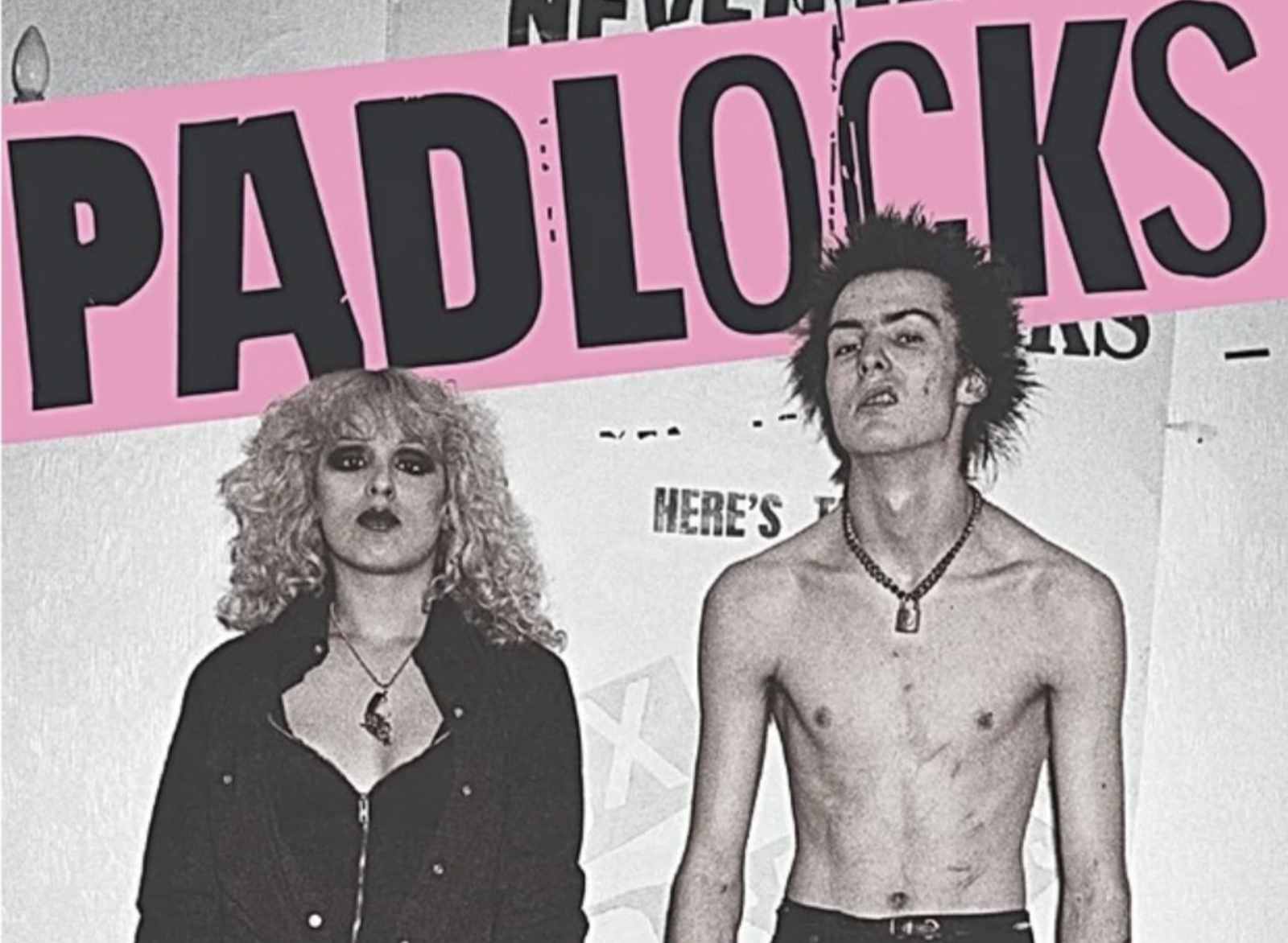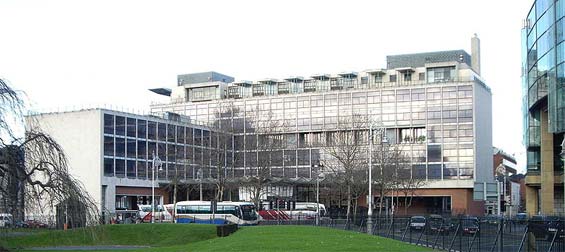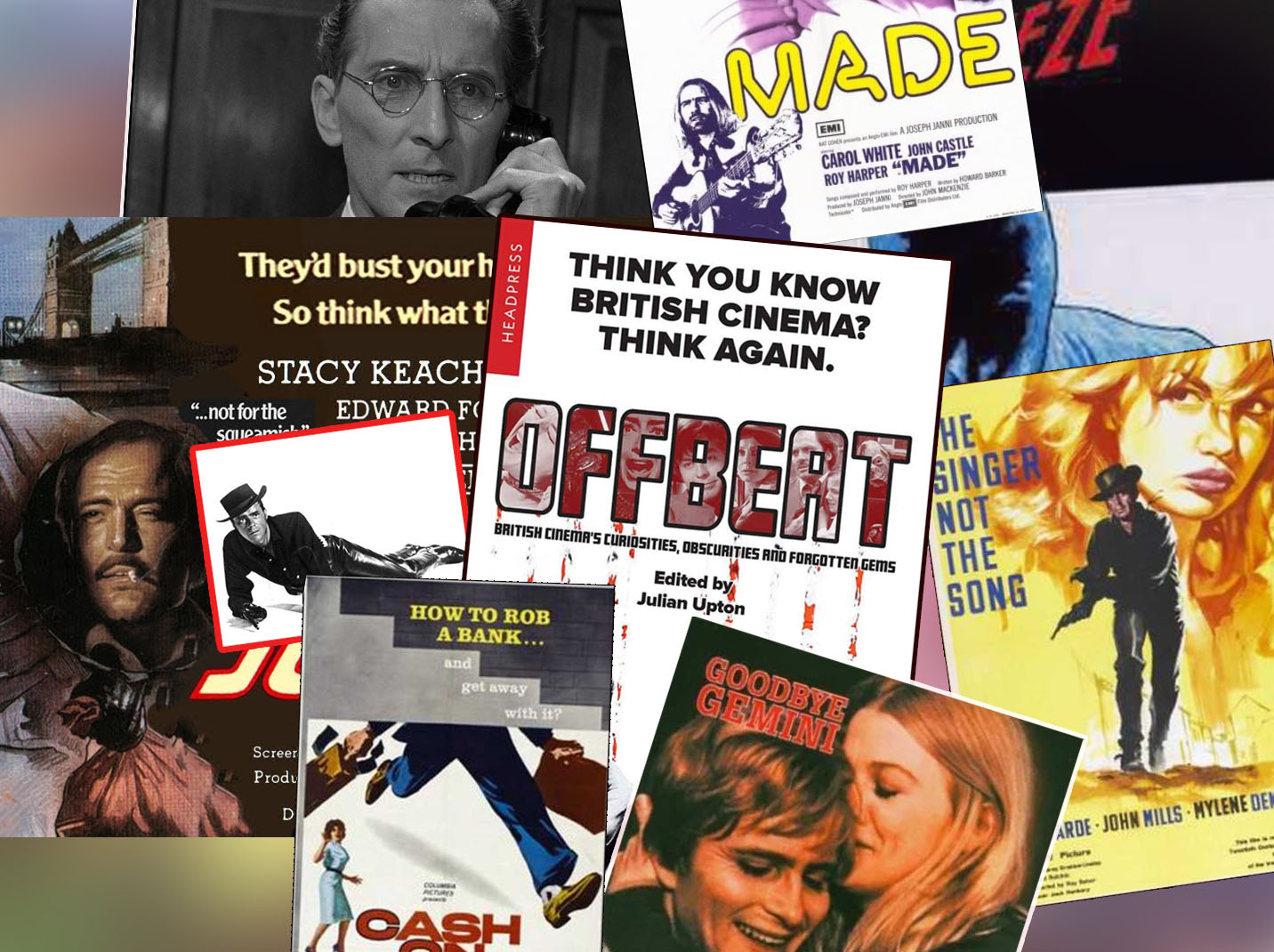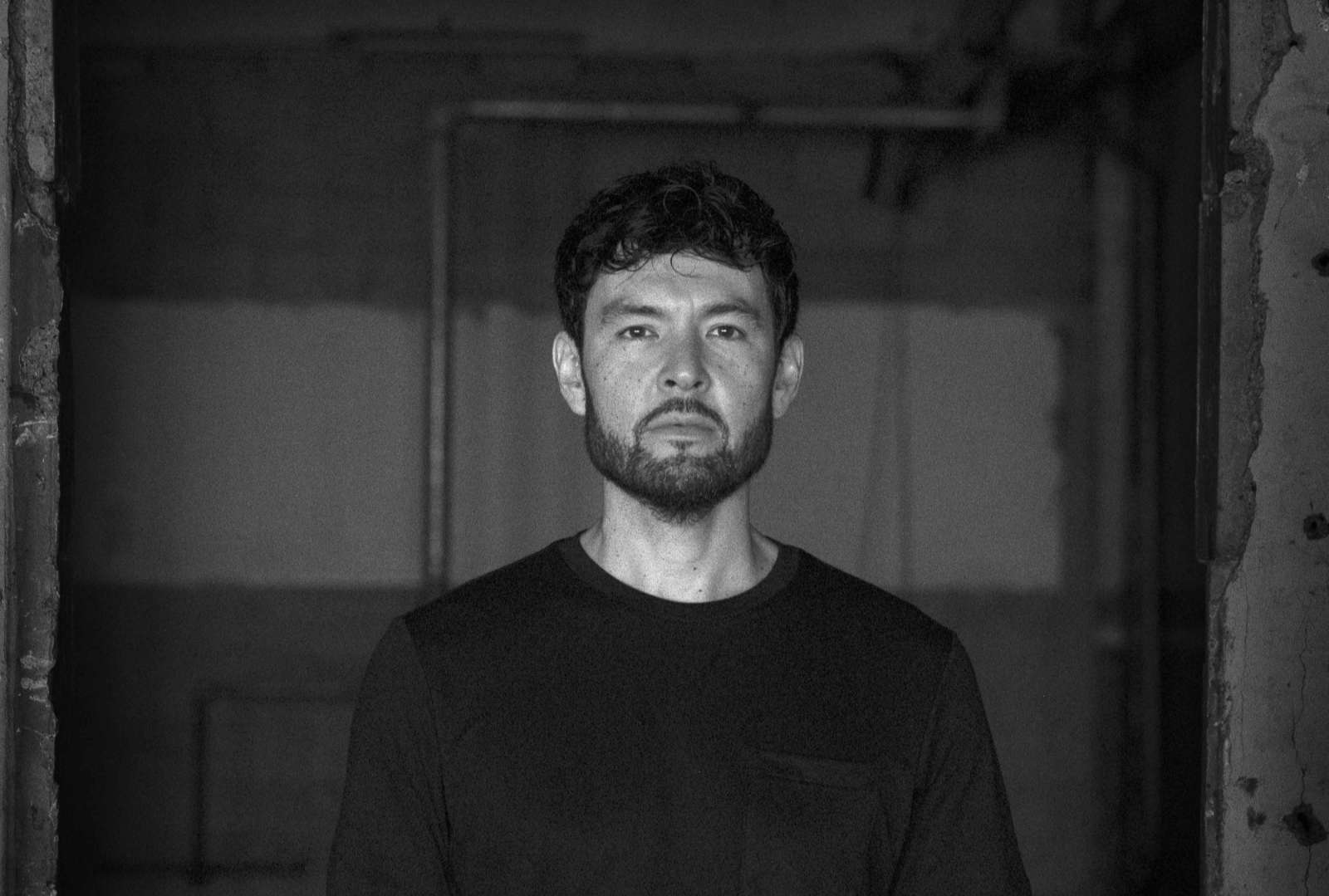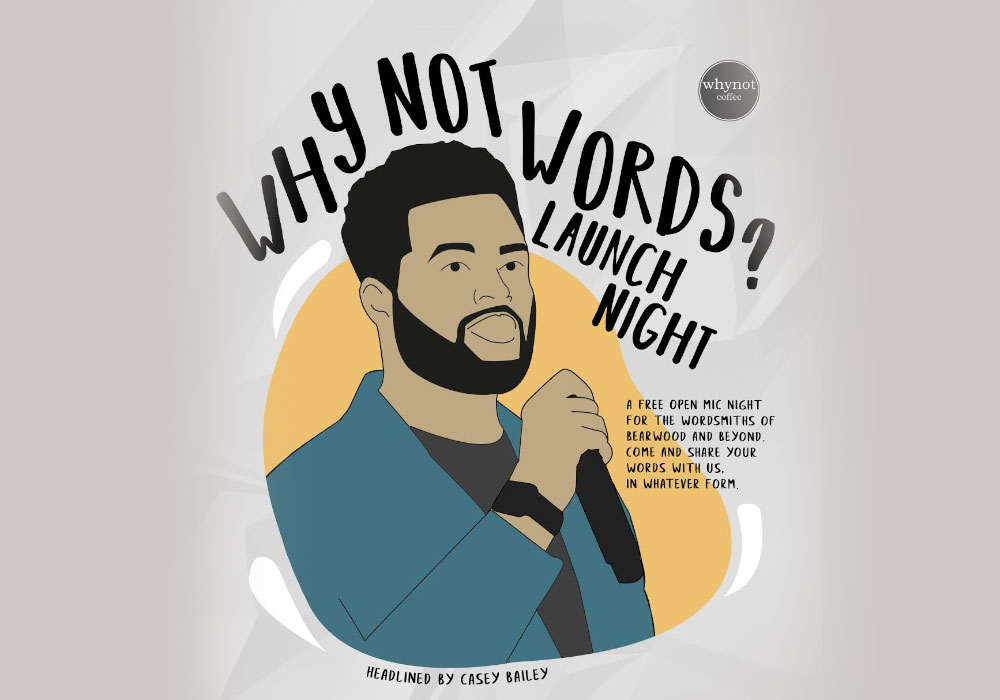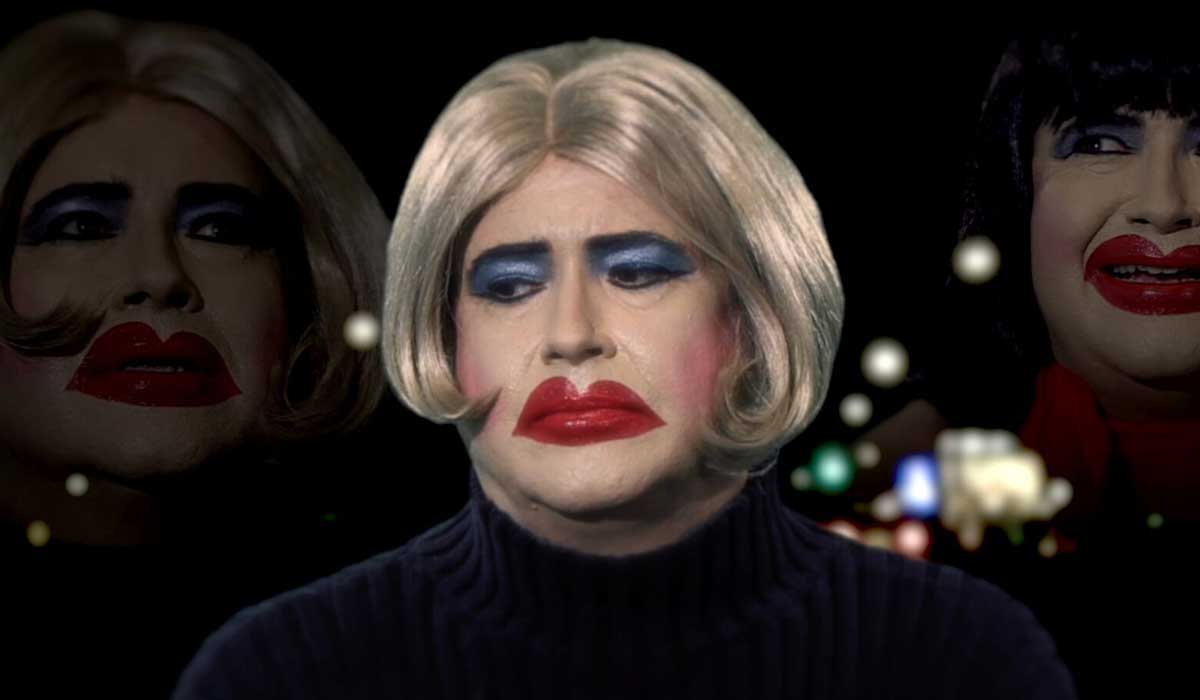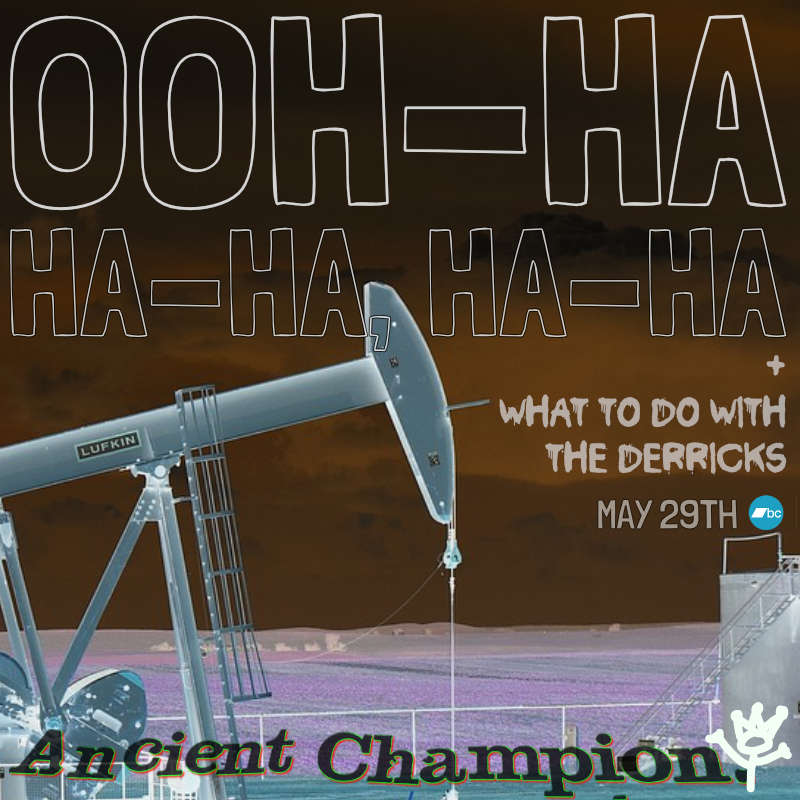 Of all the things we love about the Wolverhampton Lit Fest, and that total love load is immense, we love that this festival really embraces new talent. Wherever you look, for every James O'Brien type sucking up large sums of your ticket money to see him autograph a book for someone else right in front of you, at the other end of the business, there's a new poet or playwright that you haven't heard much from yet. But you will. Wayne Dean-Richards talks to a couple of them, Ethan and Kalman Dean-Richards, writers of The Good Landlord (a hat tip to Doris Lessing? idk). Ethan and Kalman happen to sons of Wayne, which made it altogether easier for him to meet them since they also seemed to be busy liberating stage props from his house...
Of all the things we love about the Wolverhampton Lit Fest, and that total love load is immense, we love that this festival really embraces new talent. Wherever you look, for every James O'Brien type sucking up large sums of your ticket money to see him autograph a book for someone else right in front of you, at the other end of the business, there's a new poet or playwright that you haven't heard much from yet. But you will. Wayne Dean-Richards talks to a couple of them, Ethan and Kalman Dean-Richards, writers of The Good Landlord (a hat tip to Doris Lessing? idk). Ethan and Kalman happen to sons of Wayne, which made it altogether easier for him to meet them since they also seemed to be busy liberating stage props from his house...
Tickets for the festival performance of The Good Landlord, at the Arena Theatre on Tuesday Feb 6th, 2024 - 7:30pm, (scratch night it should be emphasised) are available here⇒ and are free.
The night will comprise a 30-minute showing of part of the play, an interval, and a feedback session (which people can stay for or not, of course). Over to Wayne...
--
Not every father gets to interview his sons about their brilliant new play. I did, and here’s the interview, hope you, dear readers, enjoy it, then, pronto, bag yourselves a free ticket from the above link and pitch up to the scratch night.
Wayne Dean Richards: How did the play come about?
Ethan Dean-Richards: Kalman wrote a first draft — I remember because he thought scripts might be less all-consuming than writing novels. I said maybe I could tidy it up quickly. Then we spent two years going insane. Now we're here.
At the same time as that we were both renting houses and had experienced some of the worst elements of that and wanted to write about it. I think for me personally writing something with violent retribution against the bad behaviour I've seen from some of these people was cathartic. You don't want to see that in real life, but in a fictional world it's nice to let it out.
Wayne: What's the play about?
Ethan: What happens when you mix business with people's homes.
The UK government has allowed section 21 - no fault evictions - and encouraged massive hoovering up of houses by individuals through the extension of credit leveraged on potential earnings from renting out a property. At the same time it has overseen the mass selling off of council houses without replacements and allowed an unregulated surge of above inflation (and far above income) rent hikes.
Add that up and you get people paying shitloads of money to live in shit houses that are bad for their health, while other people get their mortgages and pensions paid off. It's not fair and it's dangerous and it's a set of policy choices, not a natural event.
Wayne: Who is the 'good landlord'?
Ethan: In the play, the main character is a tenant who tries to become a landlord by subletting his cupboard. At one point he convinces himself he can be a good landlord, but because the problems with landlordism are structural rather than personal — with profit as an incentive he values his own welfare above his tenant's and there's nothing to stop him — it doesn't work out.
Writers are supposed to be liberal and say that their work is about representing all sides fairly, but that isn't what we're doing here. We definitely weren't interested in pursuing a balanced account of landlordism and landlords. They own all the stuff and they've had hundreds of years of policy in their favour, peaking in the last forty. So they've had their say quite comprehensively.
Wayne: What about director/actors involved?
Ethan: Yusuf Niazi is the director. He's been Associate Director at Exeter Northcott Theatre and I met him on the artist training program at the Birmingham REP. As for the actors, we're just finishing off auditions, but they will be mostly local too.
A separate point we should probably mention is that we're trying to involve local renters unions in this. There are some really smart and principled people involved in them, but the memberships aren't high enough, so we thought that would be a very tangible political goal the play could aim at.
Wayne: What can an audience expect from this extract?
Ethan: It's the first half of the play. It's funny and fast. We like middle-brow stuff with a mixture of high and low. There are some slightly absurd jokes in there but I also think it will all be familiar to anyone who's been renting in the last few years.
The philosophy behind it is that it'll hopefully have the ring of truth to it without having an "educational" vibe. It's not a lesson on housing policy; it's a laugh at what a mess that's been created.
Wayne: Why is the blue cupboard, from our house, being appropriated for the play? (And why is it called the blue cupboard when it’s clearly not blue?)
Ethan: The blue cupboard is from our house. It was at some point painted blue, then repainted white, but we all continued to refer to it as "the blue cupboard." Obviously this won't be funny to anyone else, but when you spend two years going insane on a script you need some in-jokes to get you through it.
I think it's in the play because
1. It's nice to ground things in specific details that are real. It helps make sure you don't wander off into empty junk that's not connected to reality.
2. Plays and films are visual: you want to have some distinctive images to look at, and that cupboard is really distinctive.
3. It's a pisstake out of the phrase "like cupboards." Landlords and letting agents are cutting up houses into smaller and smaller segments — rooms like cupboards — to make as much profit from them as possible. So we thought it'd be funny to literalise that.
Essential
Main image: Amrit Kaur Media
The Good Landlord Scratch Night
Tuesday Feb 6th, 2024 - 7:30pm
Wolverhampton Arena Theatre
Tickets are FREE at this link⇒
